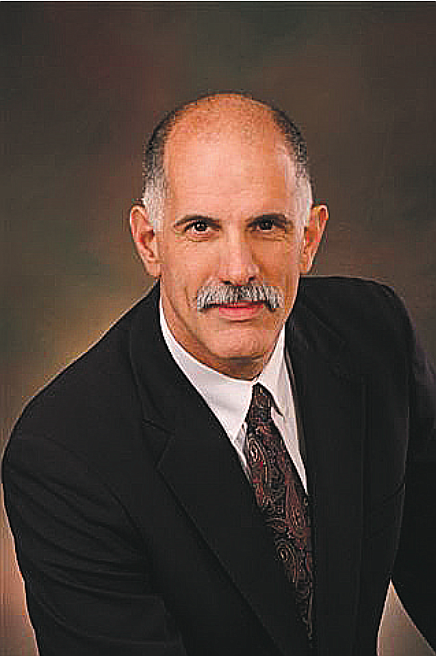OPINION: Primary confusion
Idaho no longer has a presidential primary.
The Idaho Constitution specifies that it is the duty of the Idaho Legislature to establish a system of free public schools for the purpose of providing a stable republican form of government. However, it is in this primary mission, endowing our citizens with a basic understanding of civics, that our public schools are failing miserably. Few and far between are the citizens that have a well-rounded knowledge of how our government actually works, or fails to work.
This failure of education has resulted in widespread misunderstandings about the basic operation of our various governmental components. Combine this with all the “expert” opinions that proliferated after the 2022 election and finding the truth becomes a bit of a challenge.
Consider the primary election. A primary isn’t really the same as a general election because unlike the general election where the winner takes office, the winners of a primary only win the right to compete in the general election.
As defined in Idaho election law: “Primary election” means an election held for the purpose of nominating persons as candidates of political parties for election to offices, and for the purpose of electing persons as members of the controlling committees of political parties. Primary elections shall be held on the third Tuesday of May in each even-numbered year.”
Primary elections are party elections where each of the various political parties select their nominees to compete against the other party’s nominees in the general election. This is further evidenced by the fact that nonpartisan elections don’t have primaries.
The clerks in each of the 44 Idaho counties conduct the elections. Some critics complain that the Idaho taxpayer should not be paying for party primary elections. There is some merit to this argument because unaffiliated voters have no party but still share in the costs. The counter argument is that consistency and convenience is important to the voter so having different voting systems for primary and general elections would be confusing. Besides, unaffiliated voters have the option of participating in a party primary but choose not to.
Republicans have a closed primary which means that you must be affiliated with the Republican Party to vote in the Republican primary. Other parties may have different rules and requirements.
Every four years we also have a presidential primary. Presidential primaries are unique because even though Republicans are voting for their choice to be the party’s nominee for president, what actually happens is the apportionment of Idaho’s 32 delegates to the Republican National Convention (RNC). In 2016, Idaho voted to send 12 Trump delegates and 20 Cruz delegates to the RNC. In 2020, all 32 delegates were for Trump.
At the RNC all 2,472 delegates vote to select the party’s nominee for president. This process is similar to the actual presidential general election where the voters cast their ballots for the candidate of choice but what actually happens is that they are selecting which candidates electors will be sent to the Electoral College. Then it is the Electoral College that votes to elect the next president.
In 2012, Idaho held a caucus to select RNC delegates. In 2016 and 2020, we held the Presidential primaries in March. March was selected instead of May, the typical primary month, because the earlier the presidential primary the more national attention the state receives. More attention means more candidate visits, more free media coverage and millions more dollars flowing into Idaho. Waiting until May means most of the delegates have already been apportioned and nationally nobody will care what happens in Idaho.
However, as of last week the governor signed HB138 and now Idaho no longer has a presidential primary at all. It seems the new secretary of state did not like having the March presidential primary once every four years so legislation was quickly drafted and rammed through the legislature to eliminate the presidential primary. The stated intent was to move the presidential primary to May but what actually happened is the March presidential primary was stricken from the law but not added to the May primary. Even the definition of what “presidential primary” means was stricken from the law. Oops.
So now what happens? Will the national presidential candidates or the RNC file a lawsuit against Idaho for ballot access, perhaps seeking an injunction against HB138? Will the legislature stay in session to fix the problem? Will the governor call an emergency session? Will the Idaho GOP go back to a caucus system or even have the 44 county central committees vote to determine which candidate’s delegates will be sent to the RNC? Time will tell.
This is what happens when you rush legislation, the process without first building consensus and support.
It’s just common sense.
• • •
Brent Regan is chairman of the Kootenai County Republican Central Committee.

